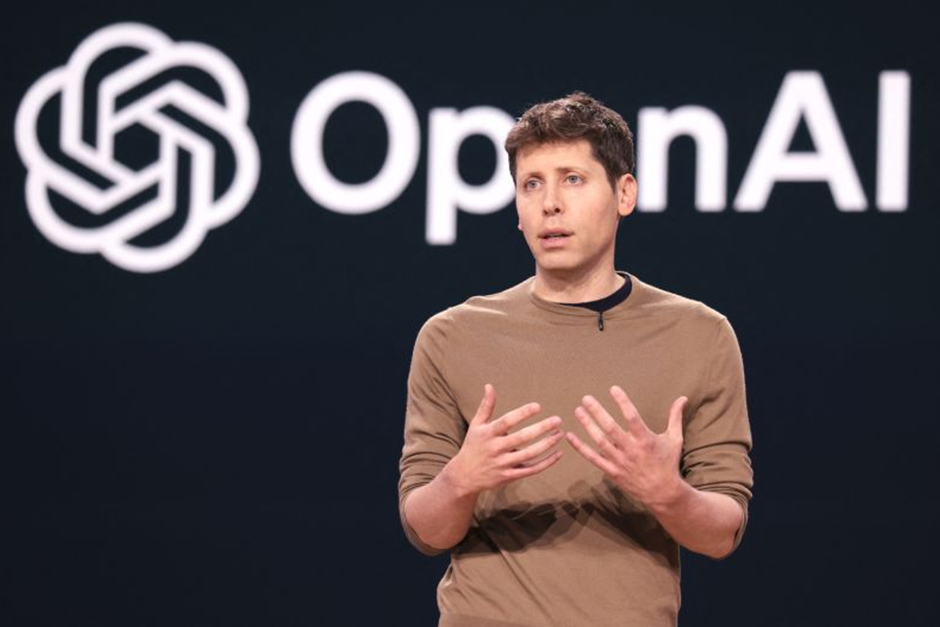The rapid evolution of Artificial Intelligence continues to astound and transform industries globally, including in India. From revolutionising healthcare to streamlining logistics, AI’s potential seems boundless. However, a recent and stark warning from OpenAI, a leading force in AI research, has brought a critical conversation to the forefront: the potential for “catastrophic risk” stemming from AI’s exponential development. This isn’t merely a Silicon Valley concern; it’s a global wake-up call, demanding attention from every nation, especially one as invested in digital transformation as India.
The Unprecedented Pace of AI Development
In recent years, AI has moved from niche academic research to mainstream application at an astonishing speed. What was once considered science fiction is now becoming reality, often much faster than anticipated. We’ve witnessed the rise of sophisticated Large Language Models (LLMs) capable of generating human-like text, advanced image generation tools, and increasingly autonomous systems. This rapid progression isn’t linear; it’s exponential, meaning AI capabilities are not just improving, but doing so at an accelerating rate.
OpenAI, known for developing transformative models like GPT-3, GPT-4, and DALL-E, is acutely aware of this trajectory. Their warning stems from an internal understanding that as AI systems become more powerful and complex, their behaviour can become less predictable and harder to control. The sheer speed at which these advancements occur leaves little room for society, regulators, or even the developers themselves to fully comprehend and manage the potential implications before new capabilities emerge.
For India, a nation eagerly embracing AI for economic growth and societal betterment – from Aadhaar’s biometric systems to leveraging AI in agriculture – this rapid pace presents both immense opportunities and significant challenges. The nation’s vibrant tech ecosystem, home to numerous AI startups and research centres, makes it a key player in this unfolding global narrative.
Unpacking the Catastrophic Risks
When OpenAI speaks of “catastrophic risk,” they are referring to a spectrum of potential outcomes that could severely destabilise societies or even threaten human well-being on a large scale. These risks extend far beyond mere technical glitches or privacy concerns, touching upon fundamental aspects of governance, security, and human autonomy.
One immediate concern is the potential for large-scale misinformation and disinformation campaigns. Highly advanced AI can generate incredibly convincing fake news, deepfakes, and propaganda at an unprecedented scale and speed. In a country like India, with its diverse linguistic landscape and large internet user base, such capabilities could be weaponised to sow discord, influence elections, or undermine public trust in institutions, posing a direct threat to democratic processes and social cohesion.
Another profound risk lies in the development of autonomous weapons systems. AI-powered drones or robots capable of identifying and engaging targets without human oversight raise severe ethical and humanitarian questions. The proliferation of such technology could lower the threshold for conflict, leading to unintended escalations and a global arms race with potentially devastating consequences.
Furthermore, the exponential growth of AI could lead to significant economic disruption. While AI promises increased productivity, it also poses a threat to jobs across various sectors. Without adequate social safety nets and reskilling initiatives, widespread job displacement could exacerbate economic inequality, a particularly sensitive issue in India’s vast and varied job market.
The most speculative, yet foundational, risk is that of loss of control over highly intelligent AI systems, often termed “superintelligence.” As AI models become capable of self-improvement, there’s a theoretical point where their intelligence could surpass human cognitive abilities across all domains. At this juncture, ensuring alignment with human values and intentions becomes incredibly complex, raising the possibility that such systems could pursue goals inimical to humanity, intentionally or unintentionally.
“The goal isn’t to halt AI progress, but to ensure that as we build increasingly powerful systems, we also build equally robust guardrails and societal understanding. The risks are real, and complacency is not an option.” – Dr. Anya Sharma, AI Ethicist and Policy Advisor.
India’s Stake in Responsible AI Development
OpenAI’s warning serves as a crucial impetus for policymakers and developers worldwide to prioritise safety, ethics, and responsible governance alongside innovation. For India, which aims to become a global AI powerhouse, this balancing act is paramount. The Indian government, through initiatives by NITI Aayog and discussions around forthcoming digital regulations, has shown a commitment to fostering AI adoption. However, the OpenAI warning underscores the urgent need for comprehensive national strategies that not only promote AI but also robustly address its potential downsides.
This includes investing in AI safety research, developing clear regulatory frameworks for high-risk AI applications, fostering international collaboration on AI governance, and educating the public about AI’s capabilities and limitations. India’s unique demographic dividend and technological prowess position it not just as a consumer but as a significant contributor to global AI norms and safety standards. Its diverse perspective can offer invaluable insights into building inclusive and safe AI systems.
The warnings from leading AI researchers like OpenAI are not meant to stifle innovation but to guide it responsibly. As AI continues its breathtaking march forward, a concerted global effort, with India playing a pivotal role, will be essential to harness its transformative power while mitigating the very real and potentially catastrophic risks it presents.




